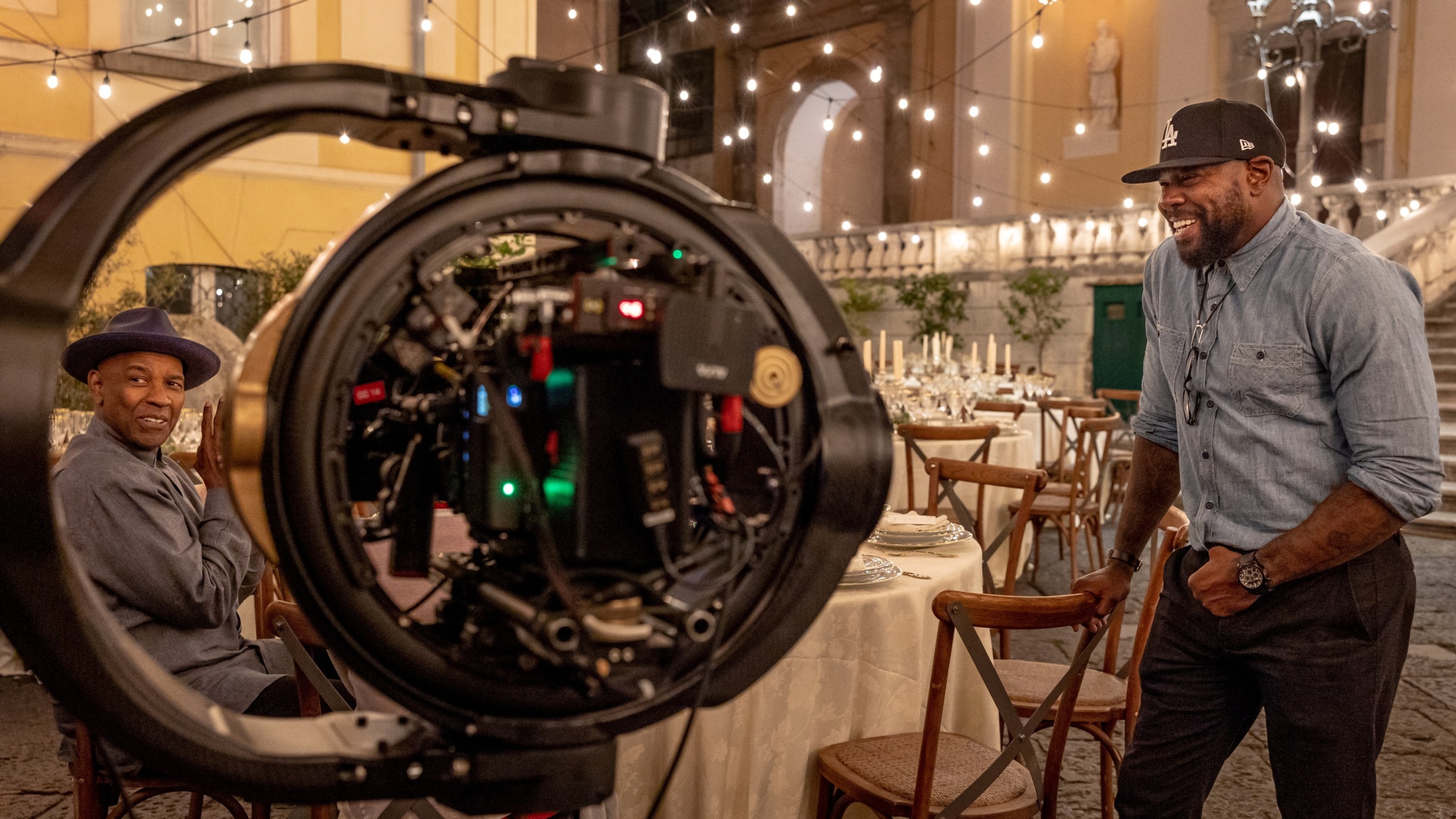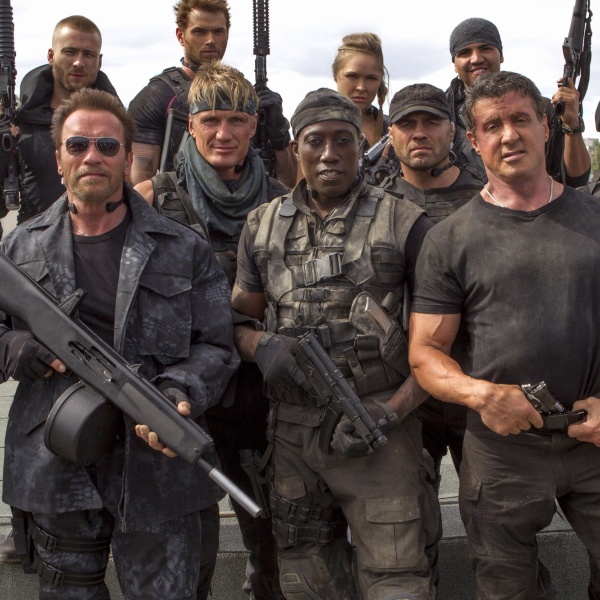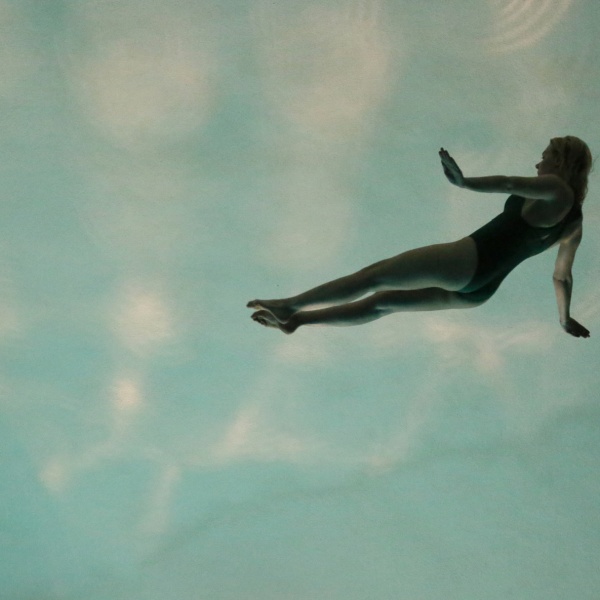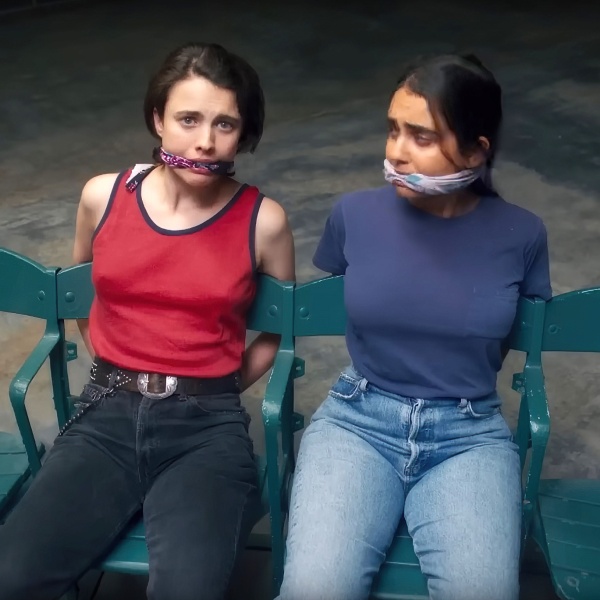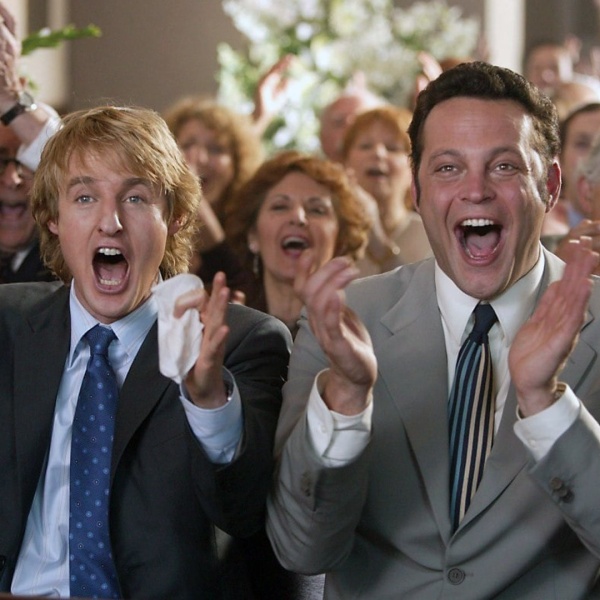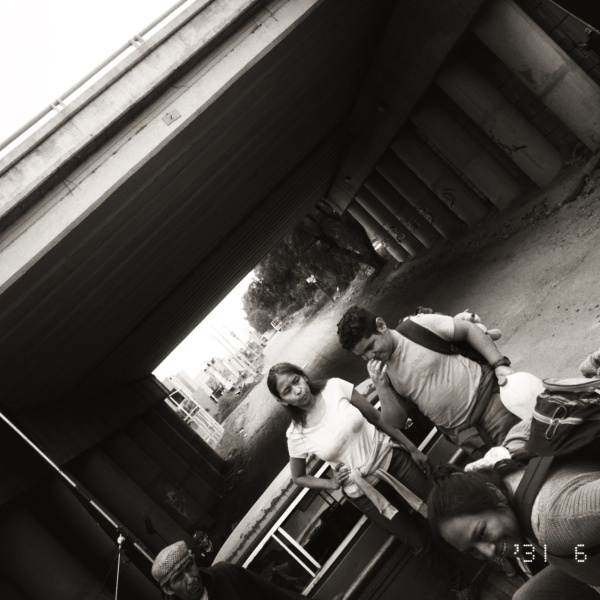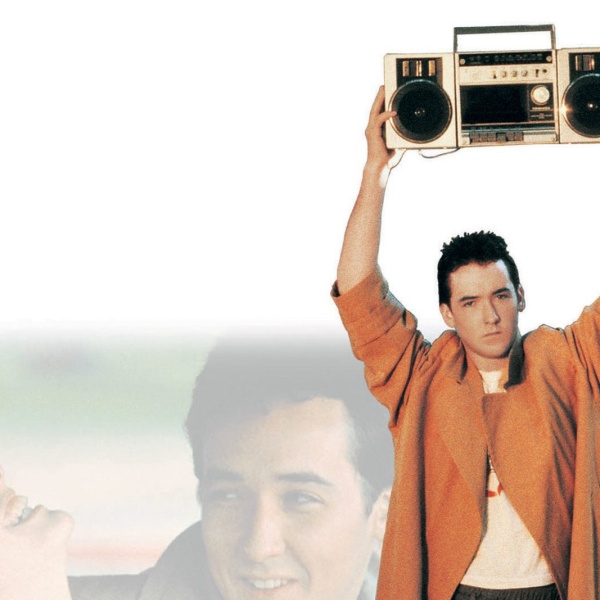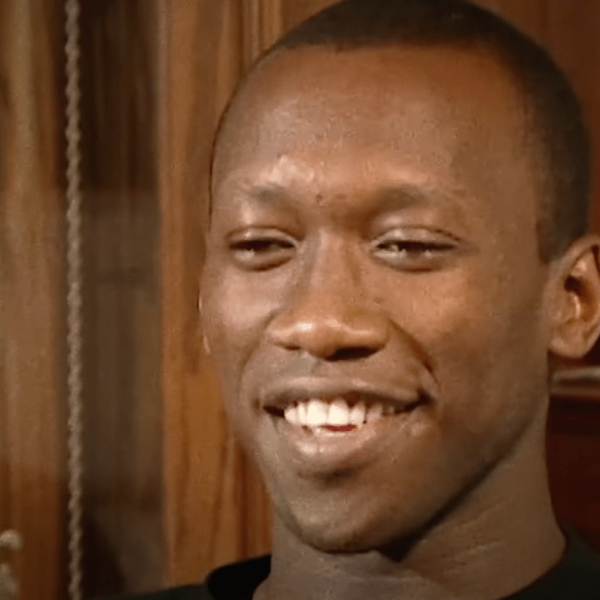Director Antoine Fuqua still remembers his first day on set with his now-five-time star Denzel Washington. It was early 2001, one of the first days of production on “Training Day,” which would eventually garner Washington his second Oscar (and co-star Ethan Hawke his first Oscar nomination). Fuqua was eager to show Washington and Hawke some of the day’s footage, but Washington demurred. As Fuqua recalls, Washington assured the director, making only his third film, that he was the one “flying this plane.”
It’s an experience Fuqua hasn’t forgotten — that moment of a master like Washington assuring the filmmaker that he trusted him and was down to honor his vision — and one that has guided the pair through five films, including the three-film franchise “The Equalizer.” The duo wrap the series with this week’s “The Equalizer 3,” which sees Washington’s vigilante Robert McCall taking his particular set of skills to Italy and eventually taking down the Mafia in the process.
As Fuqua reflects on their journey, he’s clear: they’re as ambitious as ever, even if some of their obesssions have changed. For the filmmaker, that means prepping for new projects (including his Michael Jackson biopic), maybe recutting some old ones (like his “Tears of the Sun”), and saying goodbye to his “working man’s James Bond” (but certainly not Washington).
The following interview has been edited and condensed for clarity.
IndieWire: The last time we talked was for “The Equalizer 2,” I asked you about potential ideas for a third film. You said, “Honestly, my dream, if it were to work out, would be to have ‘Equalizer’ take place in Europe next,” so you’ve clearly had this idea cooking for awhile. Why was it so compelling for you to take this act on the road?
Antoine Fuqua: After the first one I was like, he’s a working man’s James Bond. And I talked to [screenwriter] Richard Wenk, I was like, “Listen, he should be in Europe. Denzel’s a huge international star.” I remember being in Italy with Denzel, I believe it was Rome, and the crowd came around him for a whole block, and I couldn’t get out of the way. I was just like, “Get me out of here.” He was in the middle of all these people, and they just they love him here, so I thought it’d be fun to do a film here.
Eventually, it does turn into a mob film, and you’ve had an interest in those kinds of stories before. What was intriguing about that?
Of course I wanted to do a mob film. I grew up on Scorsese movies and all that. At one point, I was going to do the story of Gregory Scarpa, the New York gangster, so I was developing that for a while. I still have a burning desire to do. I wanted to do a story on the Camorra, which is the Mafia, which we deal with a little bit here.
You have such a sense of what the fans want from these. You told me last time that people come up to you in airports and tell you what they want to see Denzel do. And yet you are cognizant of the fact that you can’t just do fan service, and that’s even more clear this time.
It’s really about Robert McCall. They love the franchise, from what they say, because they love Robert McCall. So I always start with Robert McCall, he’s the heartbeat of it all. So wherever he is, whatever situation he is in, is how I deal with it. If he’s in a dark place, he’s in a dark place. If he’s contemplating, he’s contemplating. But it all starts with him. So they’re going on the journey with him. They love Denzel.

How does the process work between you and screenwriter Richard Wenk when he’s writing these?
We talk about it before he goes off to write. Then he has the studio meetings and things, and he comes back to me and gives me pages and we go back and forth for a while. Then, at some point when I’m busy doing what I’m doing, a film or whatever, he just goes off into his world and writes what we discussed. And then we bring that to Denzel and the producers all dive in at that point.
What did Denzel like about this one?
He was into the whole thing. I think you’d have to ask Denzel, but I remember [he was] interested in Robert McCall being in a different place emotionally based on his actions. And we both talked a lot about that questioning himself a bit.
But you’re also stepping these up physically. The kills are more brutal than ever.
There’s no fair fight. I guess I step it up based on the bad guy and their actions. I think the audience wants satisfaction when there’s good people being taken advantage of, we want [the bad guys] to get punished.
And yet, a lot of these scenes are kind of funny, they’re so over the top that you can’t help but laugh. There’s a scene where one of the bad guys gets out a corkscrew, and I know you’re going to use that corkscrew against him, so it seems like you’re also having fun here.
Absolutely. I’m having a great time. I’m like a kid. There’s some days where I’m just like, “Alright, maybe something’s wrong with me.” Denzel goes, “You’re sick.” He came in my office one day and I had all sorts of things hanging [on the wall], corkscrews and shovels, that kind of stuff. And he said, “What is going on?” But it’s like, “Hey, there’s no fair fight. There’s no such thing. They’re bad guys. They deserve it.”

But things get a little more sentimental here, too. It’s easy to get sort of teary at the end, which is an odd feeling for an “Equalizer” film.
I fell in love with Italy. And I fell in love with the people. It’s such a romantic place. Plus, I’m older now, I’m interested in making a film that has a little more heart. You grow up a bit, and then, especially with your children and with things happening in the world, you adjust yourself a bit, check yourself, and see what message you put out in the world. That’s important.
And now there’s the added bonus of having Dakota Fanning in here, you’re getting your own Dakota and Denzel Show. What was the process of reuniting them?
I got a call from [long-time producer] Todd Black saying Dakota was interested, and I said, “I want to have a meeting today at lunch,” and we went to lunch and I loved her immediately. I knew I loved her in the movies, but I never met Dakota. She’s so just professional and cool and nice. I said, “She’s like a samurai. She’s just so right.”
I called Denzel afterwards and I said, “So I just met with Dakota. How do you feel about that?” He goes, “Oh, I love Dakota.” You could just hear him light up on the phone. He was like a father. He just lit up. And then when I got them together on the set, it was fun to just sit back and watch. He was just so taken with her. After takes, he would look over at me, and he’s like, “She’s a woman now. She’s grown.” He couldn’t believe it.
We did a test screening, and [people] love seeing them on the screen together. I mean, I love seeing her. Obviously in ‘Man on Fire,’ she was a baby then. I know I fell in love with watching them together, and it was just so fun knowing that there’s a built-in history with those two, so you didn’t have to say much. So it made my life easier.

You and Denzel have now made five films together. How is that relationship evolving and changing?
We’re both older. And it’s funny, we had to walk up those steps, those 700 steps [on the set of the film in Italy], and I’m younger than Denzel, but still I’m not young, and I would go, “Do you have any Advil? Do you have any? You got a bag of ice?” We go get ice. We’re putting it on our knees. So we’ve slowed down a bit that way. But we’re both just as ambitious and driven as ever.
Our rhythm is like music. I guess the only way I could describe it, I would imagine it’s like two musicians that just pick up the instruments and go and they just start riffing and it flows. That’s been our relationship since “Training Day.” And he set that tone [on the set of “Training Day”], I remember he was sitting at the table with Ethan [Hawke], and I said, “You want to come over and take a look [at the monitor]?” It was my first scene with him, him and Ethan, I was scared to death. And Denzel was like, “You’re flying this plane, buddy. Call me when you need me,” and got up walked away, and I just thought, “I can’t screw this up.” Denzel Washington and Ethan Hawke. But that told me he trusted me.
He’s never come and looked at the monitor. He’s only looked at the monitor when he was going to direct. He first, he would come ask me questions about lenses and different things. He’s never come over my monitor and looked, ever. He has never coming to the editing bay. None of that. None of that.
Awhile ago, Ethan mentioned that you have a longer cut of your “The Magnificent Seven” remake that he really wants people to see and that he “begs” you to release.
He saw the very first one. I don’t know where it is now though, with MGM, I’d have to try to get it. I would like to recut it myself, but I don’t know who would pay for it. I’d have to pay for that, somewhere down the line, I might try. But yeah, he saw the very first cut, which I thought was better. You are dealing with the studio and timing and theaters, but you got a business is business. But I wish that one was the version [that was released].

Do you feel that way about any of your other films?
Yeah, “Tears of the Sun” had a lot more to it. It had much more to it. It was cut down quite a bit. It became a little more movie star-driven and that wasn’t the intention. It was more about the people and the events, and then it became obviously shifted. But Bruce Willis is an amazing movie star, and I get it.
What’s going on with the Michael Jackson film? You cast his nephew Jafaar Jackson earlier this year, so what’s next?
Casting, we’re location scouting, and me and [producer] Graham King spoke yesterday and we’re on hold because of the strike. So I’m like everyone else, just on hold.
At least you’re keeping busy with this one, out there doing the bulk of the promotional work.
I know Denzel’s probably having fun watching me do it! “Make him do more, make him do more!” I love this franchise. I’m going to miss Robert McCall, I really am. I enjoyed this process. I enjoyed the film. I enjoyed being in Italy. It’s definitely a dream coming true. It’s a nice way to say goodbye.
A Sony release, “The Equalizer 3” will hit theaters on Friday, September 1.
